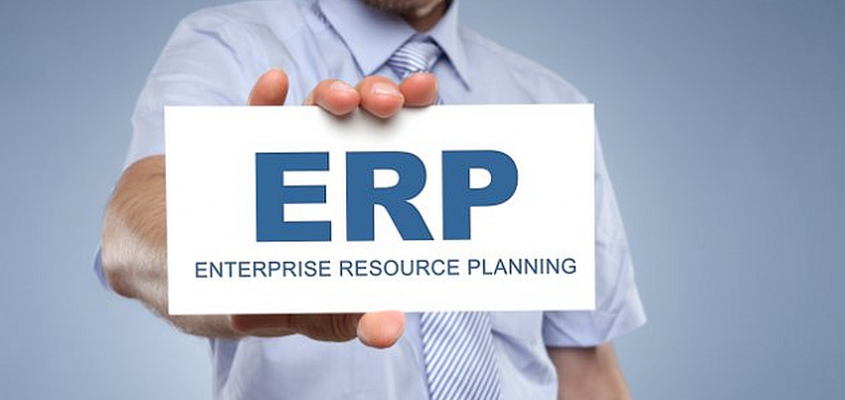Who deals with ERP Software will hear time and again about standardised or individual systems. The designation alone basically already clarifies what we are talking about. Nevertheless, we hear the question again and again: why a standardised ERP solution? Or customised programming instead of a standard ERP?

Standard defined
A standardised ERP system is software that already covers all the "standard" functions that a company needs. Small and medium-sized companies in particular, which have less complex Work processes are often well served by such a solution. However, the demands and company-specific processes are becoming more and more complex. A standardised system is then often not sufficient. Nevertheless, for many companies it is advisable to use a standardised solution.
Less costs more quality
Standardised ERP systems are much cheaper than customised solutions. In addition, they can usually be implemented much more quickly. They also often offer advantages in terms of maintenance and servicing, as they can always be updated, for example. The "fixed" functions also have their advantages, as they are based on tried and tested processes. This allows companies to improve their workflows by simply adapting them to the system - and not the other way round. Training is also easier with standardised Business Software often already included in the package. This significantly reduces the risk of time and cost increases. In addition, standardised software is characterised by its good quality. Often with some distance to an individually created software.
Not everything works with a standard ERP
The disadvantage is and remains, of course, that there are hardly any companies today whose work processes are covered by a standardised solution. In addition, it often happens that standardised business software is based on hardware components that a customer has to buy additionally. The functions in a standard ERP solution that are not required by the respective company also prove to be a disadvantage. Rather a sign of poor Usability.
Nevertheless, the advantages (quality, proven processes, little risk, etc) of a standard ERP predominate. However, no clear recommendation can be made. Ultimately, the decision for or against a standardised ERP solution must be made individually for each company.
The third way : standard ERP plus individual development
What more and more companies are thinking about is no longer 'either/or' in terms of standard software versus custom development, but 'both/and':
- Standard software that covers the business processes well to sufficiently
- Individual software for special processes that the standard does not cover
Where it matters is the Interface landscape the standard ERP. Modern tools are needed here that do not turn every adaptation of the interface into an expensive project.
The customised standard ERP system
One type of standard ERP system has already adapted, so to speak. Industry ERP packages usually have their roots in a standard ERP. In addition, such business software contains many functions that are specific to a certain industry.
ERP systems specifically for, for example service provider or plant builder thus save the time-consuming adaptation, with high coverage of the requirements from the respective industry.
more on the subject:

Standard ERP: advantages and disadvantages

The standard usability of ERP systems in 9 points

ERP in the standard - what does that mean?

Integrated ERP approach or special software for financial management?

Standard still trendy


